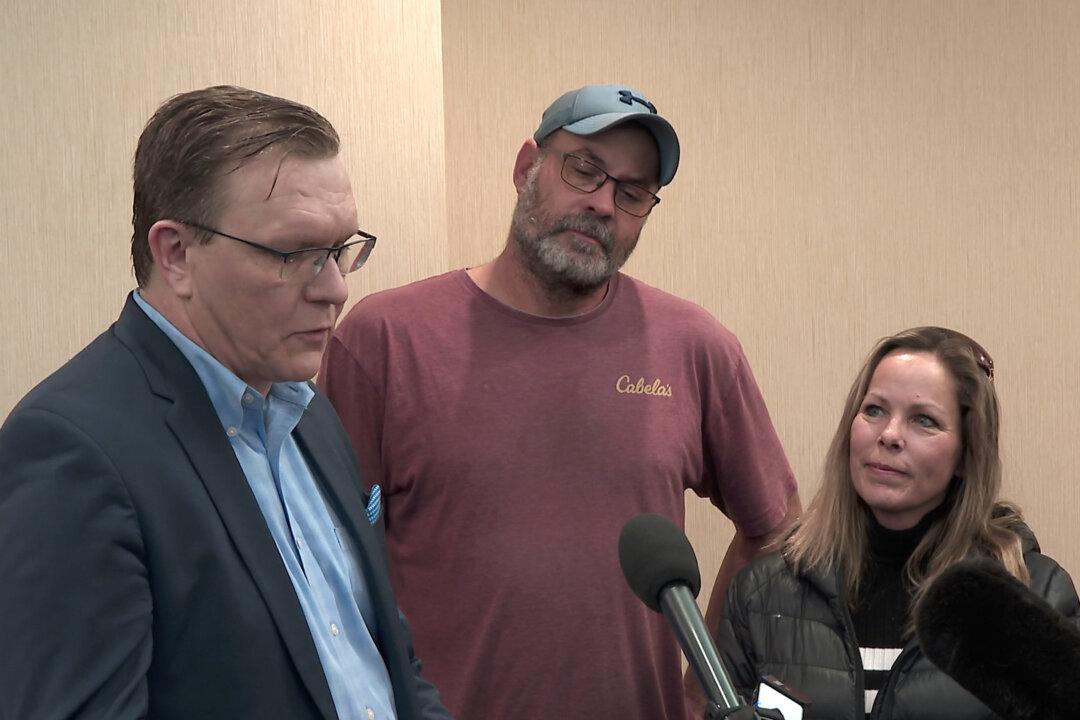Following the Nov. 2 revelation by a witness at the Public Order Emergency Commission that law enforcement intelligence was leaked to the Freedom Convoy during the protest, Ottawa Interim Police Chief Steve Bell said an investigation is underway.
“We’ve already, as of last night, initiated an internal investigation,” Bell told a parliamentary committee on Nov. 3, noting that the Ottawa Police Service (OPS) would be contacting convoy lawyer Keith Wilson, who spoke of the leaks during testimony at the Emergencies Act inquiry.





